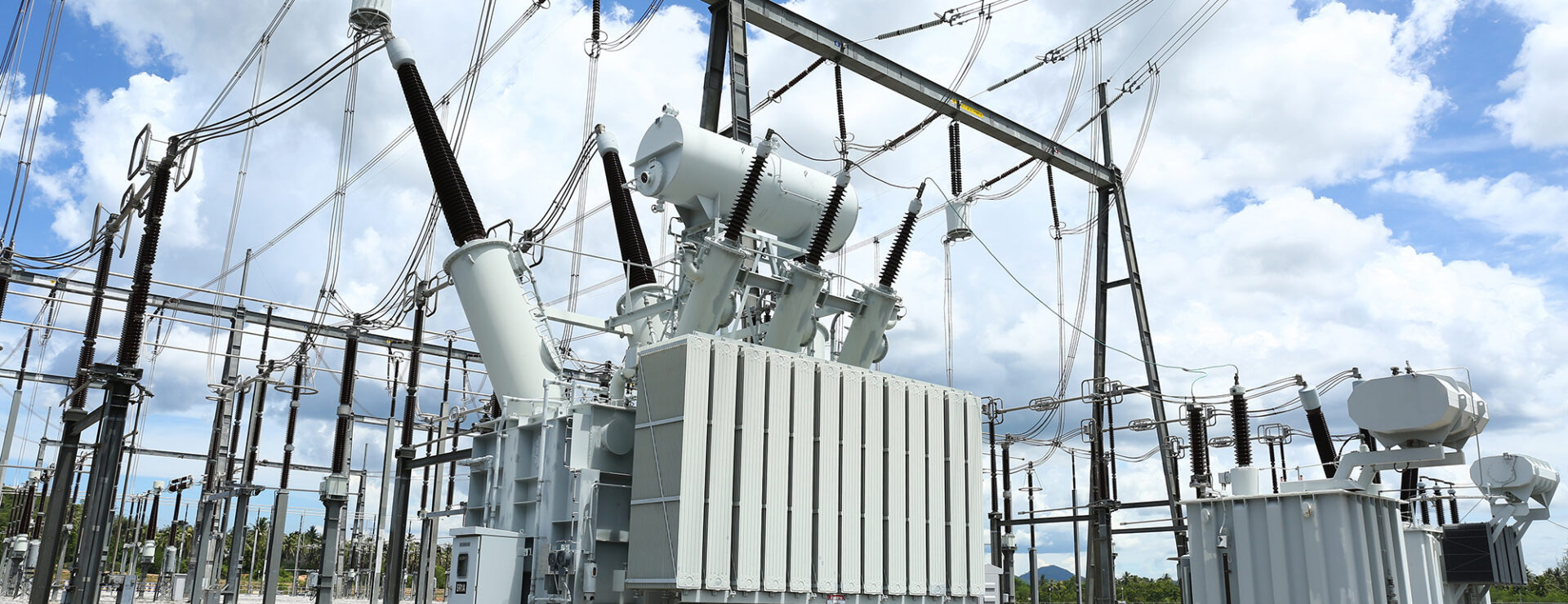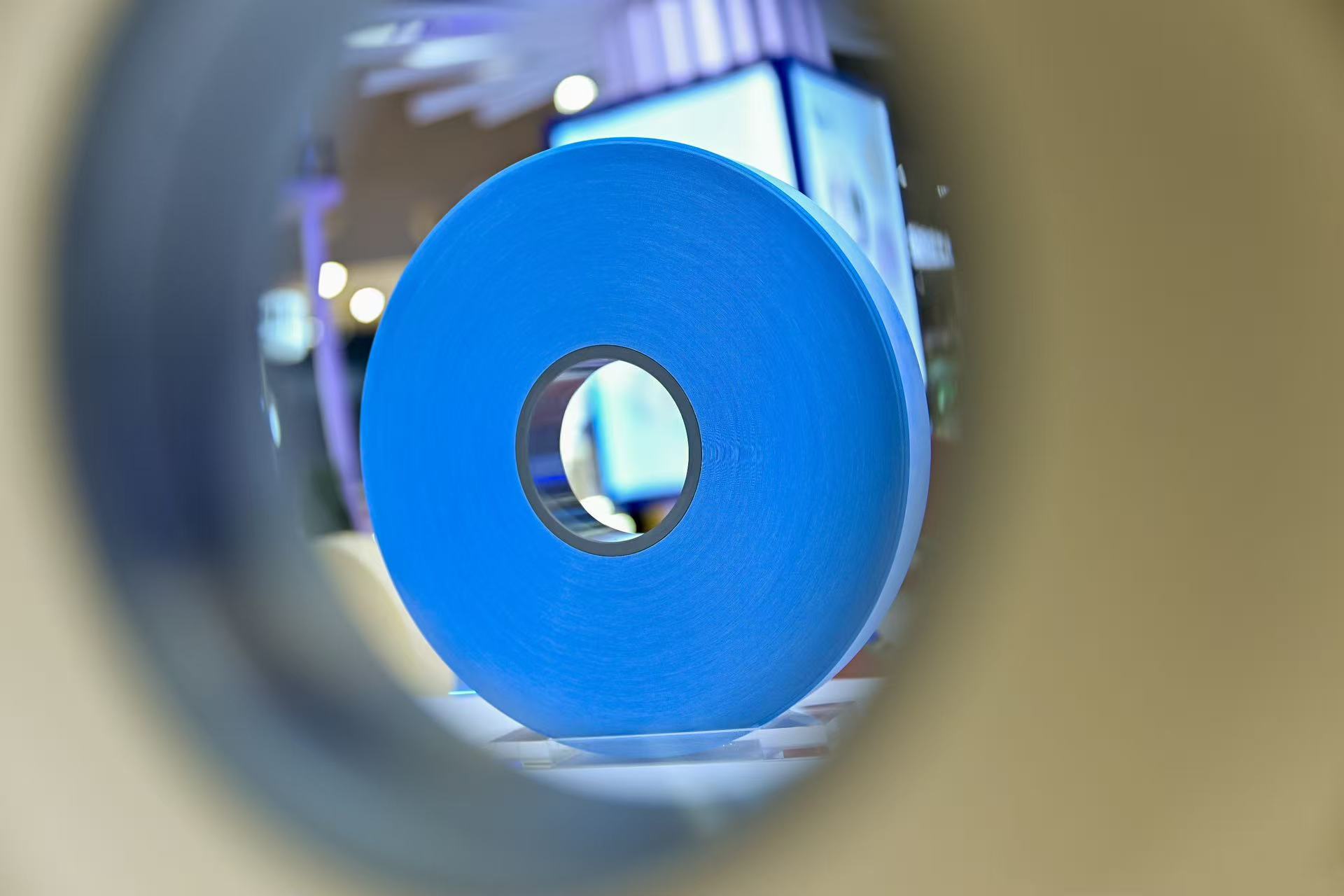As a core equipment in power systems, transformers vary significantly in their operating environment, voltage level, and power scale, resulting in different performance requirements for insulation materials. Selecting suitable insulation materials is crucial to ensuring the safe and stable operation of transformers and extending their service life. Different types of transformer insulation materials need to be matched according to the specific operating requirements of the equipment to achieve optimal performance.

Oil-Immersed Transformers: selection of insulation materials compatible with oil medium
Application matching of insulating paper and cardboard
Oil-immersed transformers use insulating oil as both a cooling and insulating medium, so insulation materials must have good compatibility with insulating oil. Cellulose-based insulation materials such as cables, insulating paper, and crepe paper have excellent oil absorption. After being impregnated with insulating oil, their dielectric strength is significantly improved, and they form a synergistic insulation system with the oil, making them suitable for interlayer and interturn insulation of windings. Insulating cardboard, due to its high mechanical strength, is used to make structural components such as partitions and stays in oil-immersed transformers. While supporting the windings, it enhances heat dissipation through the fluidity of insulating oil, matching the heat dissipation requirements of transformers during long-term full-load operation.
Synergistic effect of oil-paper composite insulation
For high-voltage oil-immersed transformers, a single material cannot meet the insulation requirements, so an oil-paper composite insulation structure is often used. For example, insulating paper and aluminum foil are alternately wound to form capacitive bushing insulation. The high dielectric strength after oil-paper composite resists high-voltage impacts, and the circulation and cooling of insulating oil reduce local temperature rise. This composite structure is suitable for the operating requirements of 110kV and above high-voltage transformers, improving the reliability of the insulation system while reducing the insulation distance.
Dry-type transformers: selection of insulation materials adapted to air medium
application of organic composite insulation materials
Dry-type transformers use air as the cooling medium, so insulation materials must have good moisture resistance and heat resistance. DMD lamination paper, with high mechanical strength and temperature resistance, is suitable for winding insulation of medium and low-voltage dry-type transformers. Its smooth surface is not easy to accumulate dust, which can reduce the decline in insulation performance caused by dust accumulation, matching the operating requirements of dry environments such as urban buildings and subways. For dry-type transformers operating in high-temperature environments, such as H-class dry-type transformers, high-temperature resistant materials such as Nomex aramid paper or Soflex lamination paper can be used, which can maintain stable insulation performance at 180°C.
Performance adaptation of cast insulation materials
Epoxy cast dry-type transformers are formed by mixing epoxy resin and glass fiber for casting, forming an integral insulation structure. This material has excellent arc resistance and mechanical strength, and its insulation performance is not affected by environmental humidity, making it suitable for humid and dusty industrial sites. The oil-free design of the cast insulation structure meets the operating requirements of places with high fire safety requirements, while reducing maintenance frequency and improving equipment operating efficiency.
Insulation material selection for traction transformers
Railway traction transformers operate in environments with severe vibration and large temperature fluctuations, so insulation materials must have both vibration resistance and high-temperature resistance. Aramid fiber-reinforced epoxy prepreg, with high mechanical strength and good fatigue resistance, is used for winding insulation, which can resist mechanical stress caused by frequent vibration. At the same time, its heat resistance level reaches Class F (155°C), adapting to temperature changes during the start-up and shutdown of traction transformers, ensuring stable insulation performance under complex working conditions.
Insulation material adaptation for medium-frequency transformers
Medium-frequency transformers (such as those used in new energy charging equipment) operate at high frequencies, so insulation materials must have low dielectric loss characteristics. Polyimide film has low dielectric loss, generates little heat in high-frequency electric fields, and is suitable for winding insulation of medium-frequency transformers. Its high-temperature resistance can match the temperature rise during high-frequency operation, and the flexibility of the film facilitates winding complex winding structures, meeting the design requirements of miniaturization and lightweight of medium-frequency transformers.

Sui On insulation DMD Insulating Paper
In the domain of transformer insulation material matching, Sui On Insulation boasts extensive technical expertise. It is capable of providing precise material selection solutions based on the operating parameters of different transformer types, such as voltage class, capacity, ambient temperature, and cooling method. The technical team is well-versed in the performance parameters of various insulation materials. Flexible insulating paper and insulating cardboard are recommended for oil-immersed transformers, while DMD lamination paper or Nomex aramid paper are suitable for dry-type transformers. Additionally, they offer suggestions on material combinations according to the equipment's operating environment.
Sui On Insulation exercises strict control over material quality to ensure that all supplied insulation materials comply with relevant standards. oil-paper materials have obtained RoHS certification, and dry-type insulation materials have passed UL certification. Throughout the service process, the team also assists customers in optimizing the insulation structure design. By precisely matching material performance with the operational requirements of the equipment, it enhances the reliability and service life of transformers. With professional material selection capabilities and service support, Sui On Insulation has established itself as a trusted partner for insulation materials in the transformer industry.